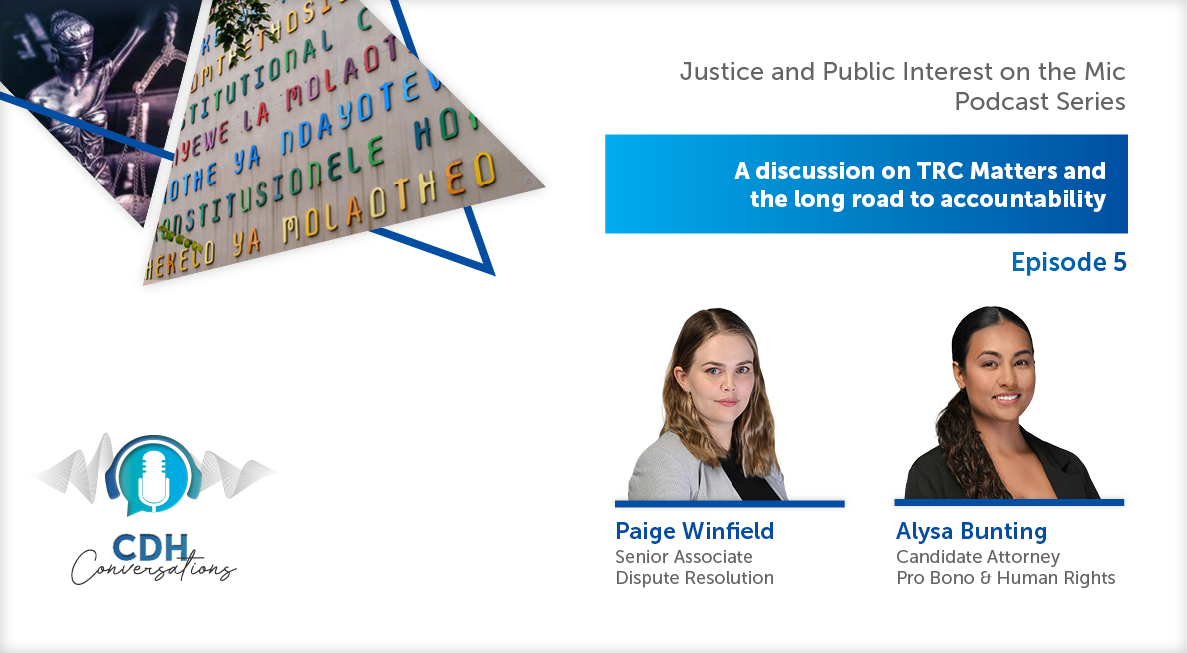A different kind of melting pot? Implementation of the two-pot retirement system pushed to 2024
At a glance
- Amendments to the Income Tax Act have introduced a two-pot retirement system, addressing concerns about preservation before retirement and accessibility of retirement funds in emergencies.
- The first phase of legislative amendments will take effect on 1 March 2024, allowing deductible retirement fund contributions and taxing permissible withdrawals from funds accrued before 1 March 2024 according to lump sum tables.
- Withdrawals from the new "savings pot" before retirement will be taxed at marginal rates, ranging from 18% to 45%. Additional work is required to address areas such as seed capital, defined benefit funds, legacy retirement annuity funds, and withdrawals from the retirement portion in the case of retrenchment.
The two primary concerns with the design of the retirement system, prior to the introduction of the two-pot retirement system were:
- the lack of preservation before retirement; and
- the issue that some households in financial distress have assets within their retirement funds that are not accessible even in the case of emergencies. This issue was highlighted in particular by the advent of the COVID-19 pandemic.
The Budget indicates that, following extensive public consultation during 2022, the first phase of legislative amendments to the retirement system, that is, to establish the two-pot retirement system, will take effect on 1 March 2024. The initial draft of the 2022 Revenue Laws Amendment Bill published in August 2022, had proposed that the two-pot retirement system would take effect from 1 March 2023. The Budget summarises some of the key tenets of the system, pursuant to its implementation as follows:
- Retirement fund contributions will remain deductible up to the limit of R350,000 per year or 27,5% of taxable income per year (whichever is lower), as is currently provided for in section 11F of the ITA.
- Permissible withdrawals from funds accrued before 1 March 2024 will be taxed according to the lump sum tables. In this regard, it is also noteworthy that the Budget proposes increases in the thresholds at which retirement fund lump sum benefits are attached. Whereas only the first R500,000 withdrawn is currently exempt, it is proposed that this be increased to R550,000 going forward. The 18%, 27% and 36% tax brackets of the retirement fund lump sum benefits table have also been amended, meaning that the tax paid on such withdrawals should now be lower, albeit that one must consider inflationary effects.
- Withdrawals from the “savings pot”, which is a new concept referring to the pot from which amounts can be withdrawn prior to retirement will be taxed at marginal rates. In other words, it will be taxed in accordance with the normal income tax brackets ranging between 18% and 45%.
As we have indicated in a previous Tax and Exchange Control Alert, the amendments proposed to implement the two-pot retirement system are quite complex and would require substantial amendments to the Income Tax Act. Therefore, it appears sensible that the implementation of the system has been delayed, although it serves an important purpose, namely, to enable pre-retirement access to a portion of one’s retirement assets, while preserving the remainder for retirement.
However, it also appears that the decision to postpone implementation might have been influenced by what was stated in the Budget regarding certain areas that require additional work. Specifically, the Budget notes that the following four areas require additional work:
- A proposal for seed capital. It remains to be seen whether this would relate to proposed amendments to the so-called “vested pot”, being the value in the fund that exists prior to the two-pot retirement system coming into effect, according to the 2022 draft legislation.
- Legislative mechanisms to include defined benefit funds in an equitable manner. In this regard, one should note that most modern retirement funds are defined contribution funds, where the amount available on retirement is dependent on one’s contributions. This is different from defined benefit funds, where the benefits are defined by the fund rules and benefits are generally guaranteed and are not dependent on the investment returns of the fund or on the level of member and employer contributions. As it has been proposed that the amount available in the “savings pot” for withdrawal prior to retirement is dependent on the amount of contributions made, it follows that the same principle cannot necessarily apply to defined benefit funds.
- Legacy retirement annuity funds.
- Withdrawals from the retirement portion if one is retrenched and has no alternative source of income. Within the context of the two-pot retirement system, this seems to refer to amounts that are intended to form part of the “retirement pot”, to use the phrase in the draft legislation.
The Budget indicates that the first three matters will be clarified in forthcoming draft legislation, whereas the final matter will be reviewed as part of a second phase of implementation.
The information and material published on this website is provided for general purposes only and does not constitute legal advice. We make every effort to ensure that the content is updated regularly and to offer the most current and accurate information. Please consult one of our lawyers on any specific legal problem or matter. We accept no responsibility for any loss or damage, whether direct or consequential, which may arise from reliance on the information contained in these pages. Please refer to our full terms and conditions. Copyright © 2026 Cliffe Dekker Hofmeyr. All rights reserved. For permission to reproduce an article or publication, please contact us cliffedekkerhofmeyr@cdhlegal.com.
Subscribe
We support our clients’ strategic and operational needs by offering innovative, integrated and high quality thought leadership. To stay up to date on the latest legal developments that may potentially impact your business, subscribe to our alerts, seminar and webinar invitations.
Subscribe




